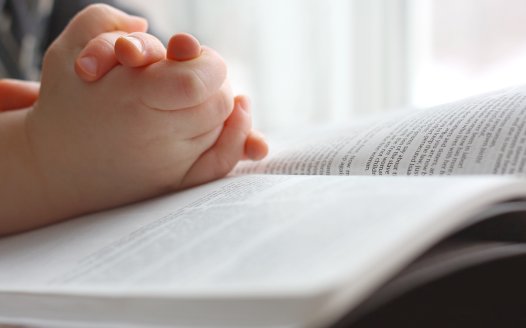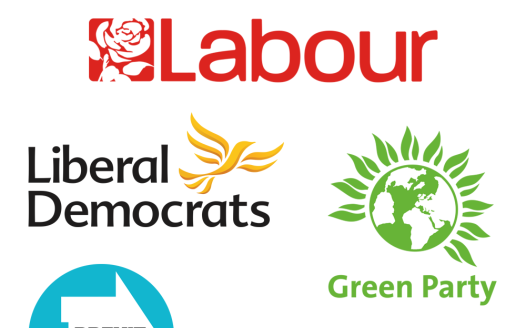UK must honour equality and human rights obligations, NSS tells UN
Posted: Thu, 22nd Sep 2016
The National Secular Society has urged the United Nations Human Rights Council to recommend to the UK Government that it abolish religious discrimination in faith schools' admissions procedures.
The call came in a wide-ranging submission for the UK's periodic review by the United Nations in which the NSS highlighted a number of areas where individual rights are being restricted by undue religious influence.
The NSS said that previous recommendations on human rights and equality had not been acted on by the UK.
The submission highlights the UK's failure to address religious discrimination in 'faith' school admissions and employment practices – and is highly critical of Government plans to increase levels of discrimination by allowing more religiously selective schools by removing the existing 50% cap.
The submission also highlights a number of other areas where the UK's record of upholding human rights is poor, including abortion access in Northern Ireland, caste discrimination, and FGM.
Discrimination in faith schools
The NSS raised serious concerns about the UK's failure to address religious discrimination in 'faith' school admissions procedures and employment practices.
Equality Act exceptions permit schools designated as having a religious character to select pupils by reference to faith where the school is oversubscribed. The Government has recently announced plans to remove a 50% cap of faith-based admissions for newly established schools ('free schools') enabling them apply 100% religious selection in admissions.
The NSS submission noted that whilst the UN Committee on the Rights of the Child had previously called on the UK to "actively promote a fully integrated education system" (in the context of Northern Ireland), the UK's response has been to facilitate greater levels of religious segregation in English faith schools.
The Government has recently acknowledged that in minority faith schools in England the ethnic make-up is overwhelmingly formed of pupils from predominantly similar ethnic (and very likely religious) backgrounds.
Our submission recommended that the UK eliminates religious selection in admissions procedures to publicly-funded schools and amend legislation to ensure that religious discrimination in employment at faith schools is limited to positions where there is a genuine occupational requirement.
Freedom of thought, conscience and religion
The Society urged the Human Rights Council to echo the recommendation of the UN Committee on the Rights of the Child and call on the UK to repeal legal provisions for compulsory worship and Religious Observance in UK schools and ensure that young people have the independent right to opt-out of any acts of worship held in schools.
Right to education
The NSS raised concerns about children in the UK being schooled in unregistered and sometimes illegal settings, and being denied their right to a broad and balanced secular education.
Our submission recommended that the UK develops a more robust strategy for protecting the rights and interests of children, including instituting a system to ensure it has accurate information about where every child is being educated and regularly reporting on the number of children missing from the formal education system either through home-schooling, supplementary, or illegal unregistered 'schools', taking investigative steps where children are unaccounted for, and closing down illegal schools.
Gender-based violence
The NSS raised serious concerns at the UK's failure to successfully prosecute a single case of female genital mutilation (FGM).
Alarmingly, 30 years after FGM was made illegal in the UK, a 2016 Home Affairs Committee report found that "some clinicians are ignoring the duty on frontline healthcare professionals, social care workers and teachers to record data on FGM incidence".
The submission urged the UN to question the UK Government on the current state of their strategy and stress to the UK that the universality of individual Human Rights should be upheld and not overridden on the grounds of religion, tradition or culture.
Abortion in Northern Ireland
Our submission highlighted the UK's failure to act on an earlier Human Rights Council recommendation to "Ensure by legislative and other measures that women in Northern Ireland are entitled to safe and legal abortion on equal basis with women living in other parts of the United Kingdom."
Since 2012 the situation in Northern Ireland and the UK Government's failure to act has, if anything, become more concerning.
The NSS called on the Human Rights Council to reiterate recommendations on abortion access in Northern Ireland
Freedom of expression
The submission was also an opportunity to raise concerns about the Government's apparently stalled proposals for 'extremism disruption orders'.
Ill-thought out measures with an ill-defined notion of non-violence extremism "risk capturing a whole range of behaviour and speech", the NSS warned.
"The UK already has sufficient legalisation in place to combat hate speech, including incitement to violence or hatred. Additional restrictions on free speech can only further jeopardise and chill freedom of expression."
Caste discrimination
The NSS took the opportunity of the UPR to restate its criticisms of the Government on the issue of caste discrimination.
"We recommend the UK legislate to implement its international obligations in respect of caste, in line with its human rights obligations, as recommended by the UN, and indeed as required by the UK Parliament," the NSS submission said.
This issue of caste-based discrimination was additionally raised at the United Nations Human Rights Council by the NSS this week.









